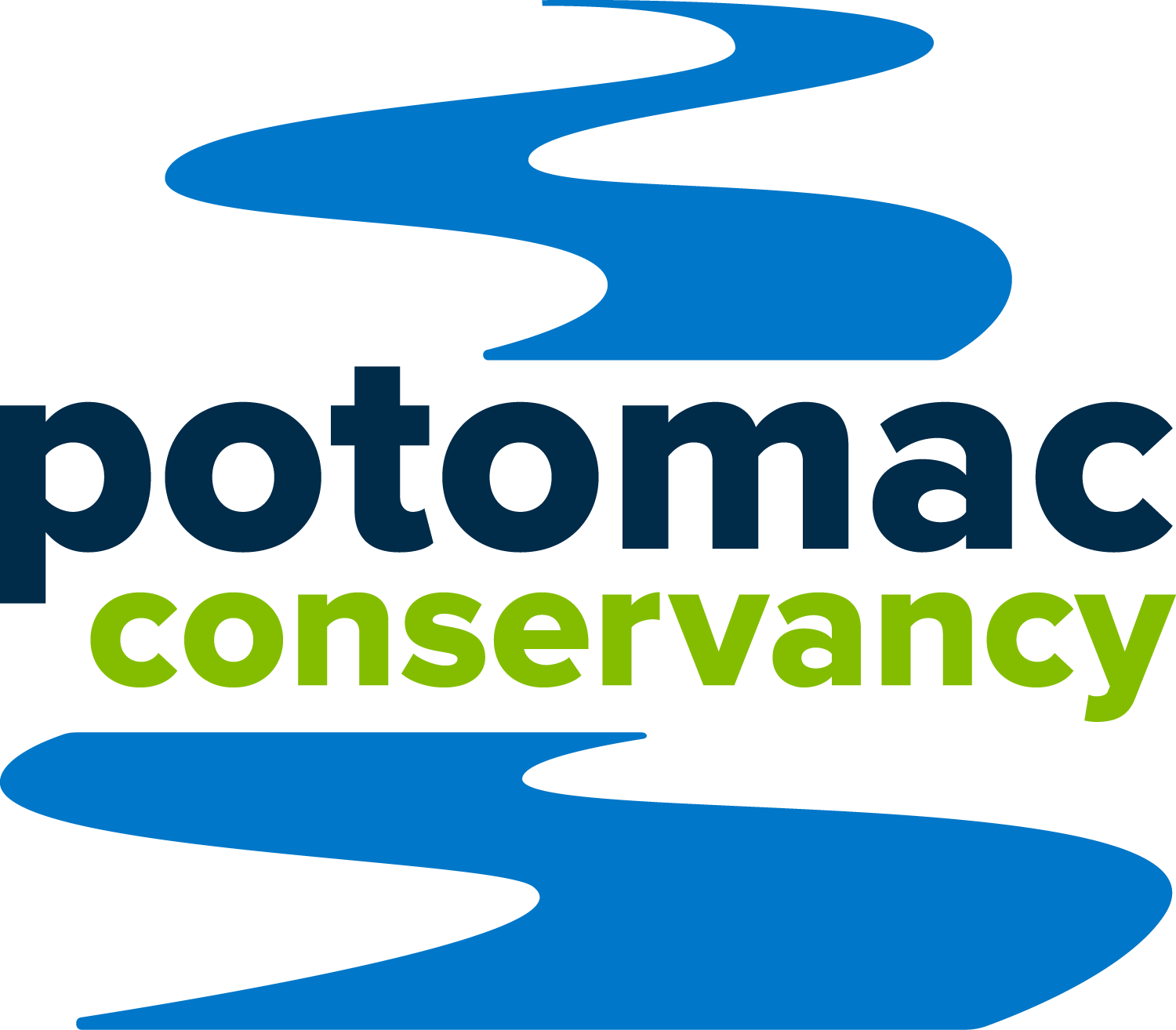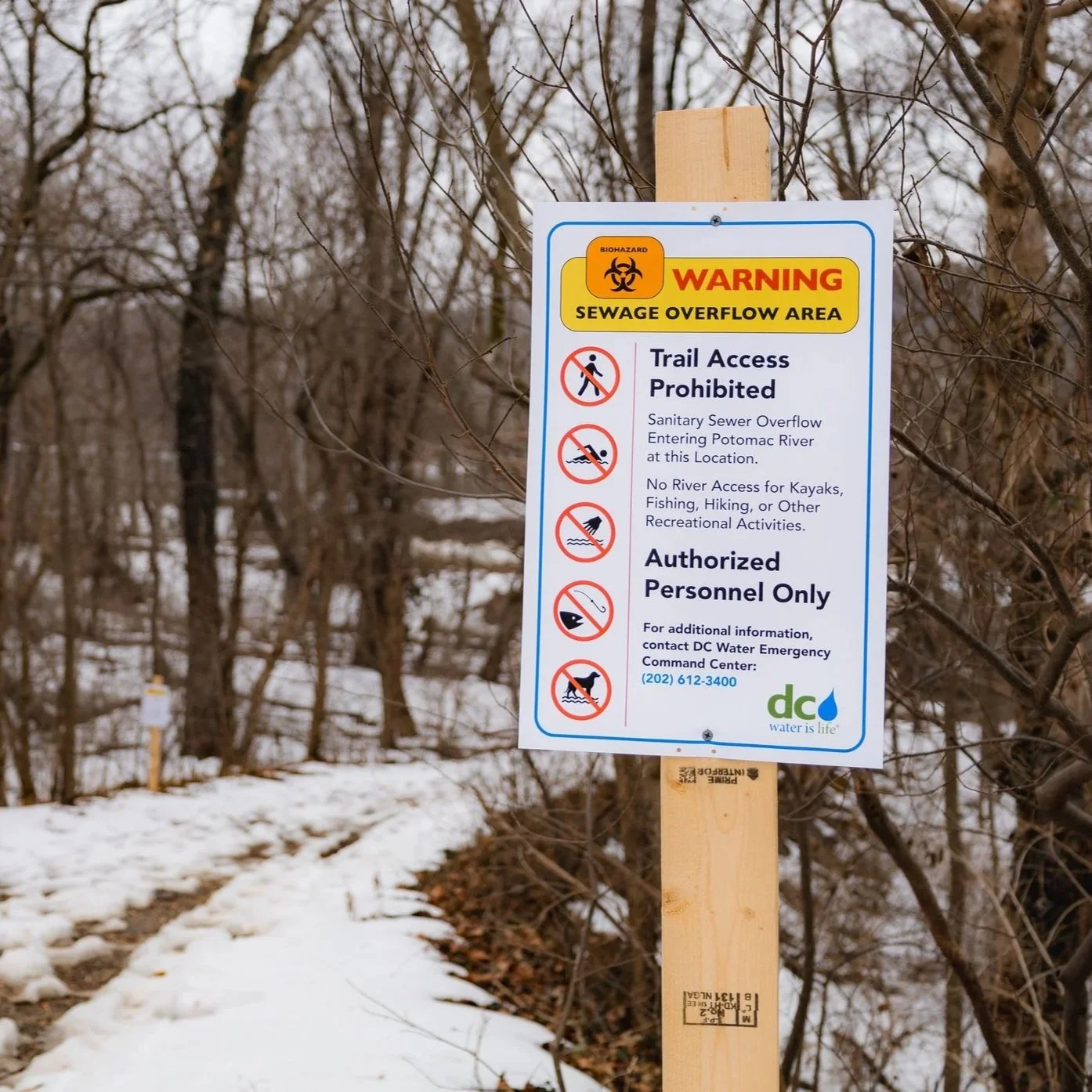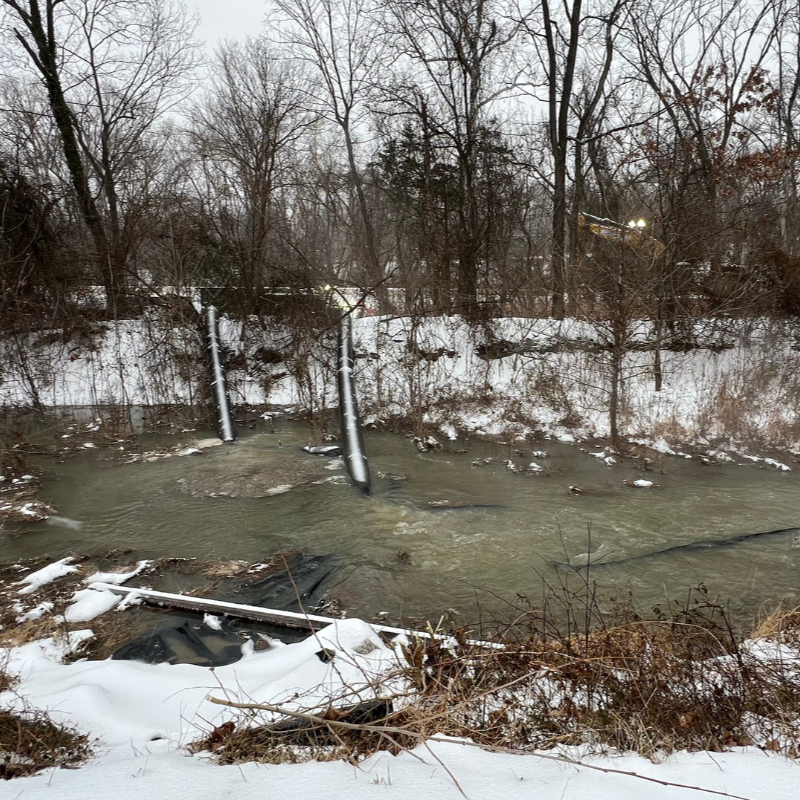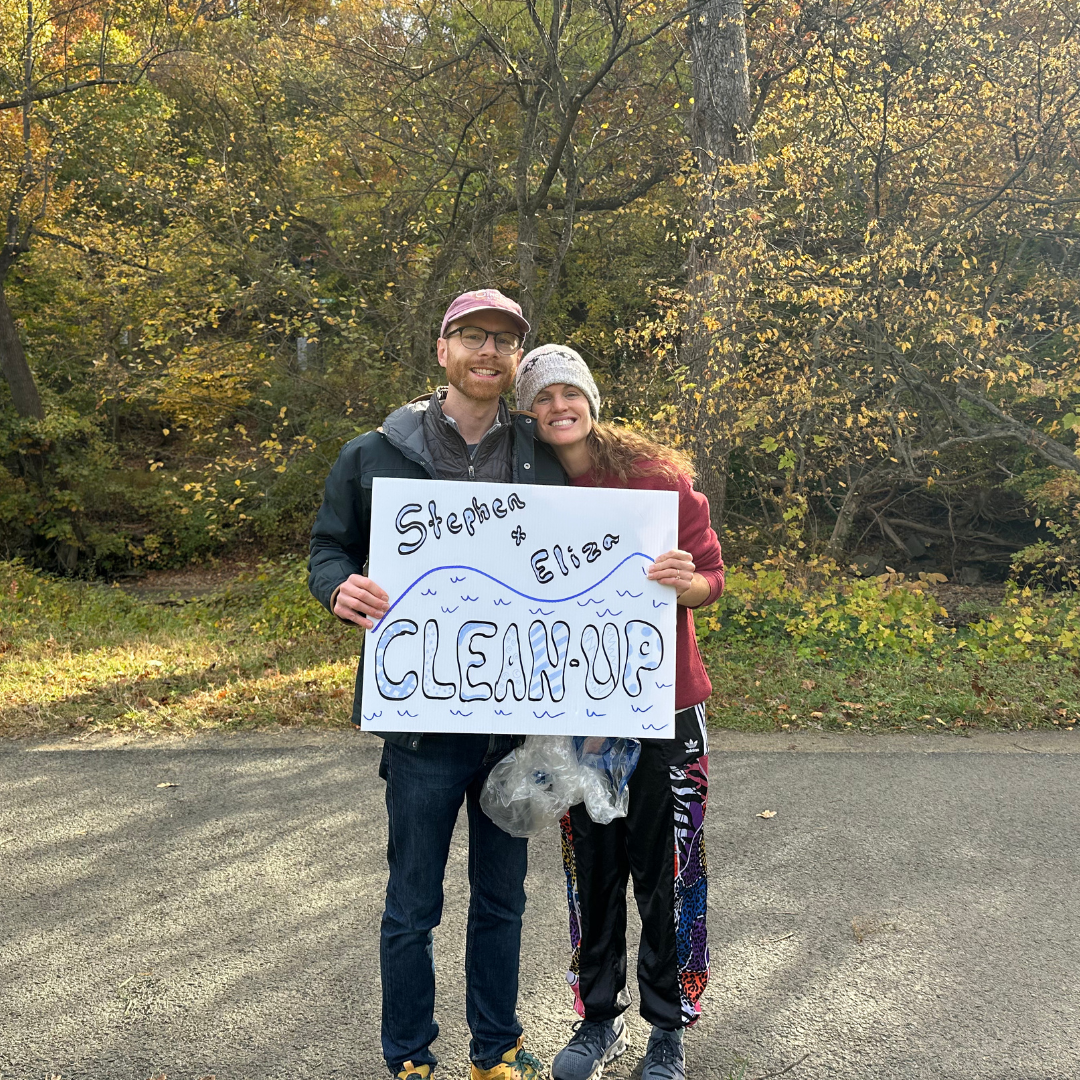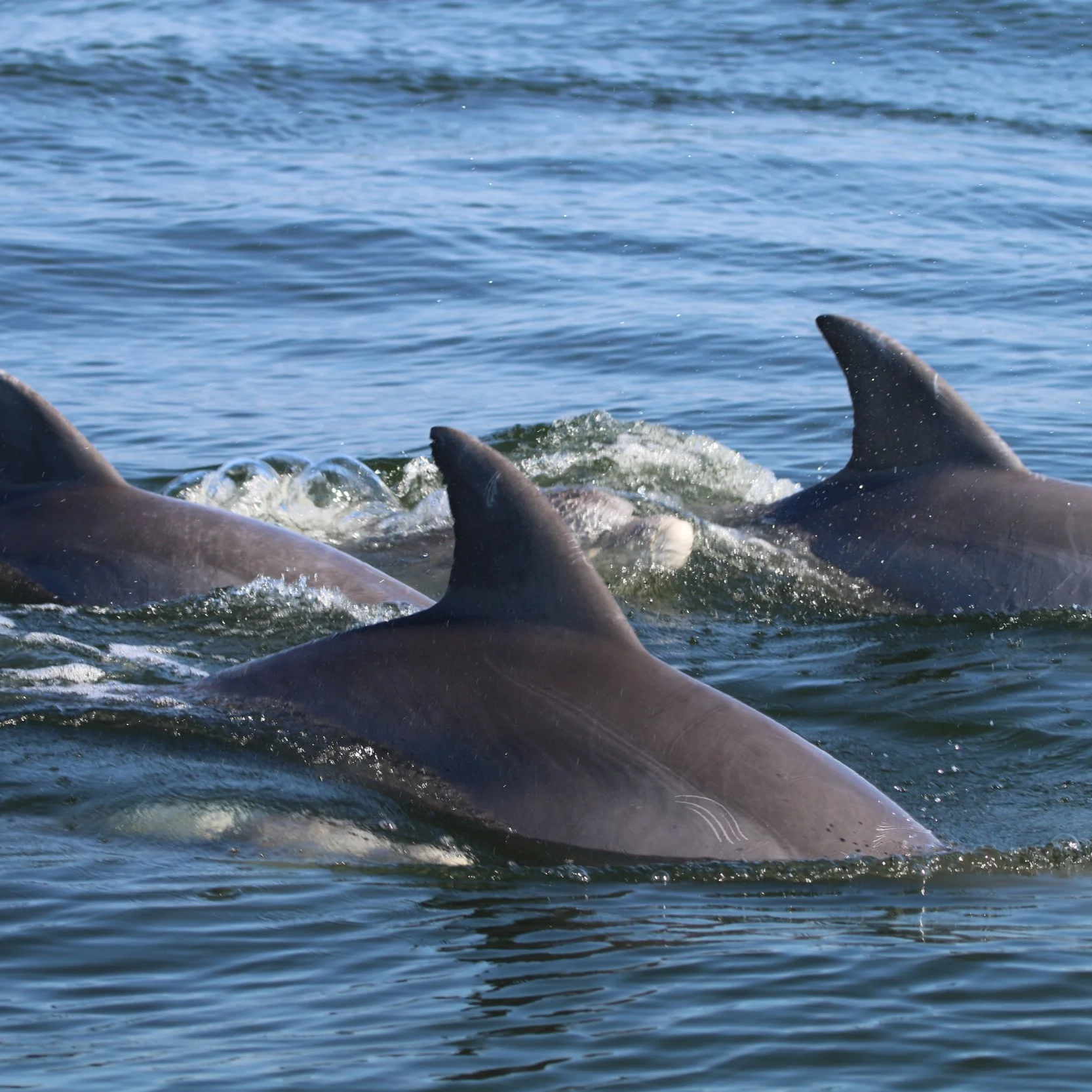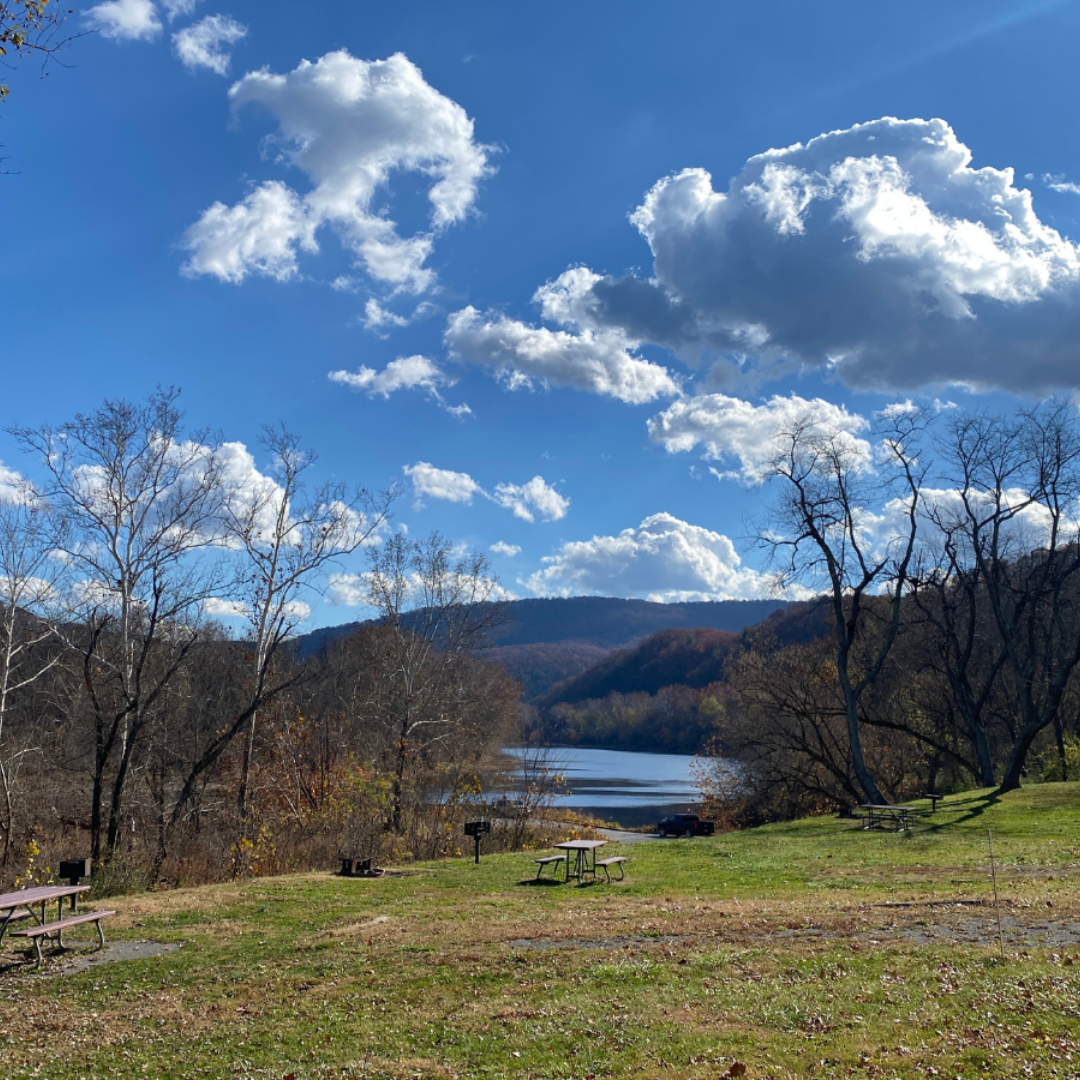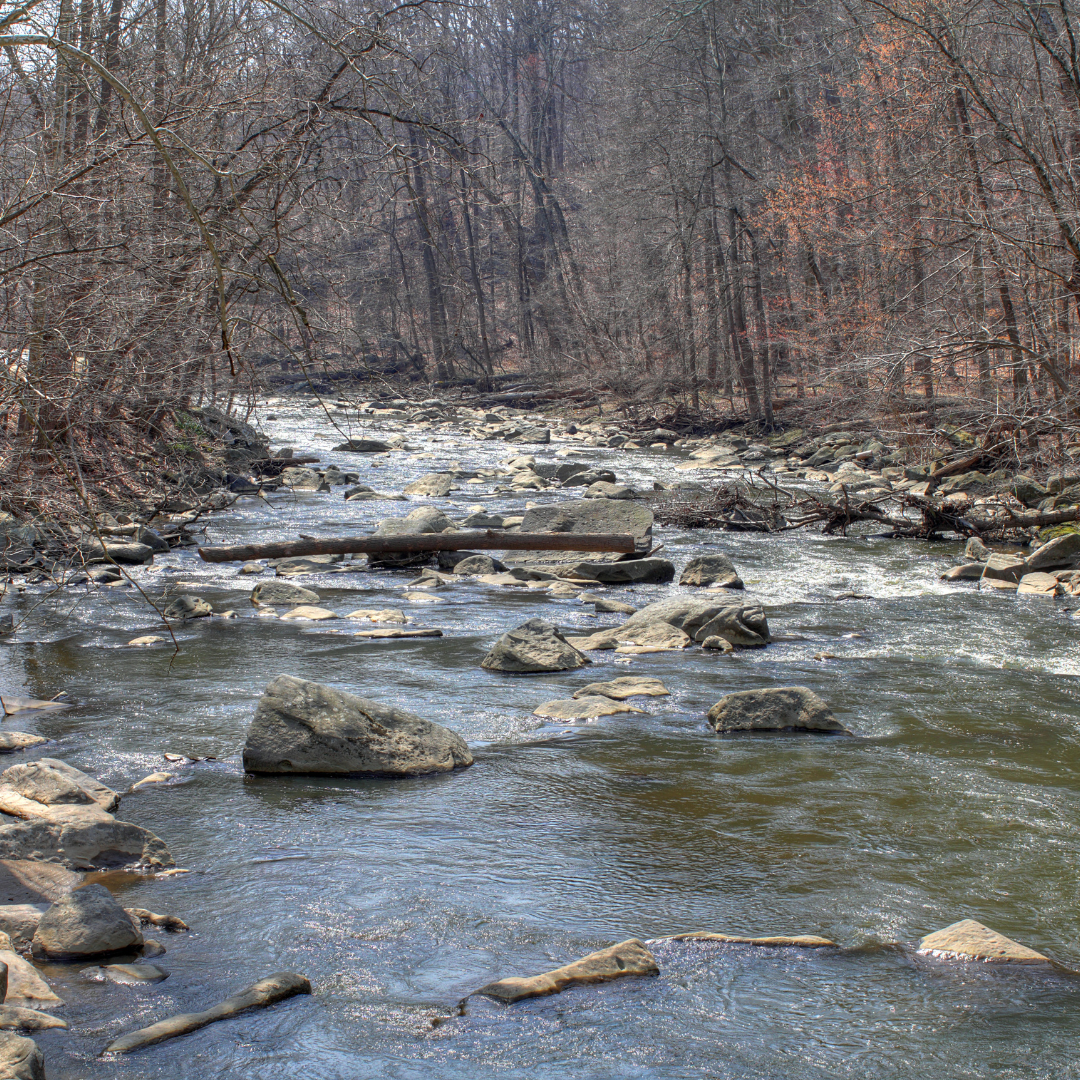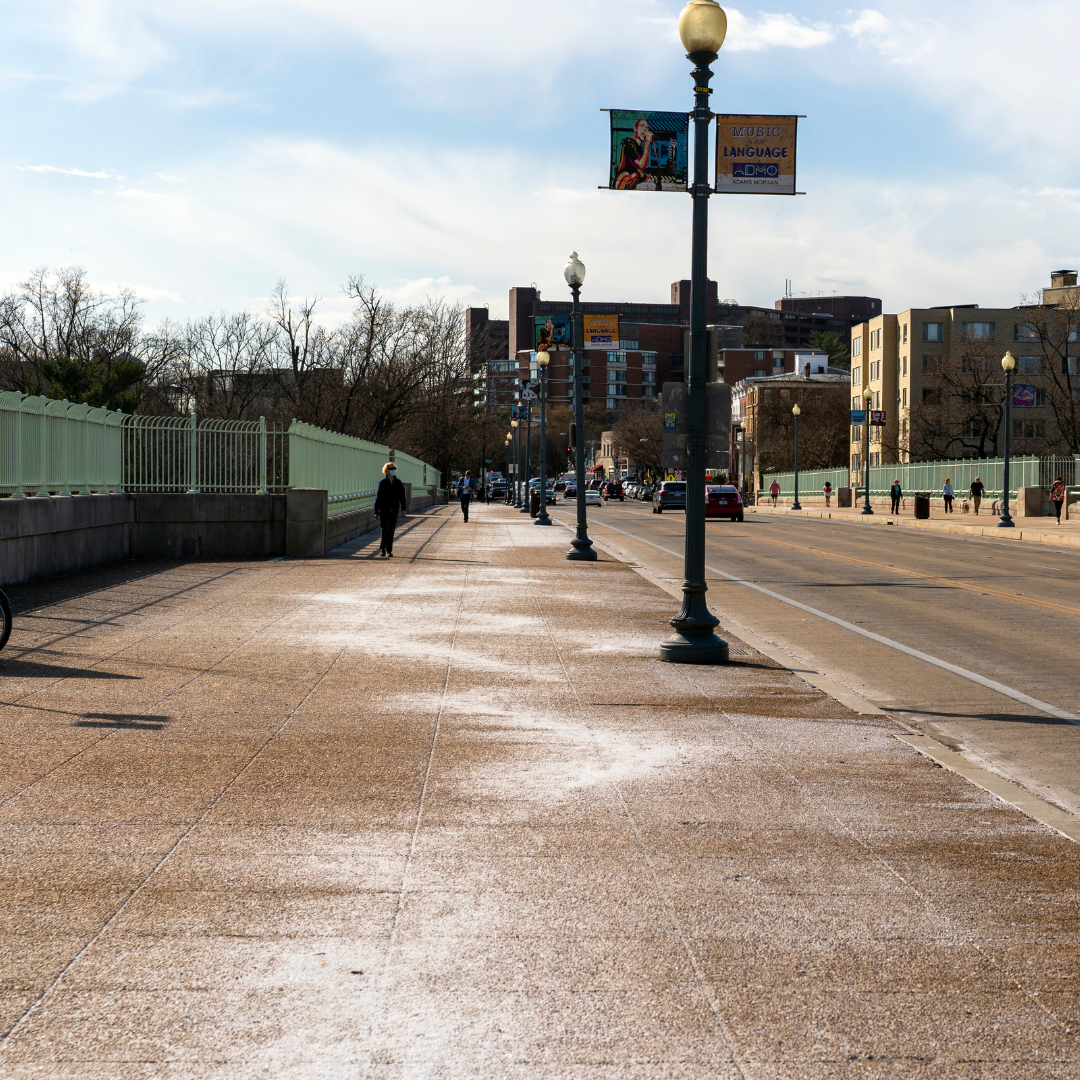7 Potomac success stories to be thankful for this year
/From volunteer victories to wildlife wins, there's a lot to celebrate
Dolphin photo taken under NMFS Permit #19403, courtesy of the Potomac-Chesapeake Dolphin Project
Ah, Thanksgiving. A time to feast on comfort food, spend time with family, and reflect on all the things we're grateful for.
Fortunately for us, this year was full of conservation victories for the Potomac. Here are a few of the many things that Potomac Conservancy is thankful for this year.
7. Maryland bans Styrofoam
If you live in or around MD, your takeout will soon no longer “take out” the environment!
Maryland will become the first state (DC already has a ban) to ban “expanded polystyrene foam” (better known as Styrofoam) when a new law becomes effective on July 1, 2020 (Maine’s ban will go into effect in 2021). The statewide ban will outlaw this toxic plastic product from the food service industry (think cups, takeout containers, etc.). The legislation passed with bipartisan support and will become law without Governor Hogan’s signature.
Our volunteers constantly pick up little bits of Styrofoam throughout the Potomac Watershed, so we’re happy to see this pesky pollution source on it’s way out!
6. Potomac River dolphins gain support
Thousands of bottlenose dolphins depend on the shallow, secure waters of the Chesapeake Bay and Potomac River for a safe summer refuge. They return to our local waters each year to forage, mate, and raise their calves. However, until this year, most of the local public had no idea they were there!
This year we were thrilled to partner with the Potomac-Chesapeake Dolphin Project (PCDP) to help learn and protect Potomac River dolphins. PCDP is the only group researching this understudied and unique population of dolphins - and they’ve identified and named hundreds of individuals living in our river already.
In June, over 1400 of you voted to name two of those individuals Mac & Chessie after their summer homes. In September, we broke the news that PCDP had witnessed the first ever evidence that dolphins give birth in the Potomac. All of this positive attention has amplified our ability to protect these charismatic creatures from threats like plastic pollution and climate change.
5. Trees (and clean water) win in Maryland
Maryland officials saw the forest for the trees.
In March, we asked you to speak out against a Georgetown University Project that would raze vital stream-side buffers to build a solar farm. While renewable energy is important, clean water depends on healthy, functioning forests.
The core of our conservation work centers around the protection of our region’s forests – the source of the cleanest waters to the Potomac. As we like to say, trees are like nature’s Brita filters because they effectively protect our waterways from excess nutrients and sediment.
Thanks to the advocates who took a stand against the needless destruction of Southern Maryland’s largest surviving forest along the Potomac River, Maryland officials denied Georgetown University’s permit in August.
4. Climate change takes center stage
On September 20th, young people led a worldwide strike to inspire climate action. But the global climate emergency is also a local issue - it directly effects our local ecosystem and infrastructure.
So what’s the good news? There are solutions! The climate crisis isn’t going anywhere anytime soon. The worst thing we could do would to be too discouraged to act or leave it out of the conversation around local conservation.
That’s why we’re glad people are listening when we talk about how to stop the effects of rising temperatures on our river and that local activists are taking to the streets for change.
3. Virginia votes for clean water
A huge swath of our watershed lies in the state of Virginia, which means key decisions for clean water are made by the Virginia General Assembly. That’s why we asked our Virginian supporters to pledge to vote in this month’s vital election, in which every member of the state house and senate were up for election.
Elections like these usually have low voter turnout…but you all came through in record numbers! We’re excited to work with the newly elected leadership during their legislative session in January to ensure continuing policy victories.
Here’s what we secured for clean water in Virginia this past January:
$10 million for storm-water local assistance funding
$74 million for the water quality improvement fund
and nearly $90 million for agricultural best management practices!
2. Mallows Bay-Potomac River National Marine Sanctuary designated
It's official! In early July, Mallows Bay-Potomac River National Marine Sanctuary became the first national marine sanctuary designated by NOAA in 19 years.
So why did an area on the Potomac earn such a coveted honor? The large collection of World War I shipwrecks is just one of many treasures now preserved at the Bay... it’s also an ecological gold mine, home to a wide variety of animals and plants, including bald eagles, herons, beavers, river otters, and numerous species of fish.
Many local conservation groups and activists worked hard to protect this unique place on our river. Now they can celebrate with a spectacular paddle among the “ghost fleet” and pristine wildlife!
1. Our 31,000 (and counting!) river advocates, volunteers, and supporters
Last, but certainly not least, we’re thankful for YOU, our friends, donors, volunteers, board members, and partners!
This year:
498 of you participate in our summer paddle program;
Over 1,400 of you prevented over 23,166 pounds of trash from entering the Potomac, collected over 300 pounds of native seeds, and planted over 500 native seeds;
and 31,000 total people helped our local mission for clean water by signing up to be activists and supporters.
We’re grateful to have such a great group of river advocates on our side. Thank you for all that you do to stand up for clean water and fight for a healthy, restored Potomac!
Get clean water and river news delivered to your inbox.
Sign up to receive our monthly
River Update email.
100% Private. We don’t spam or share your information.

